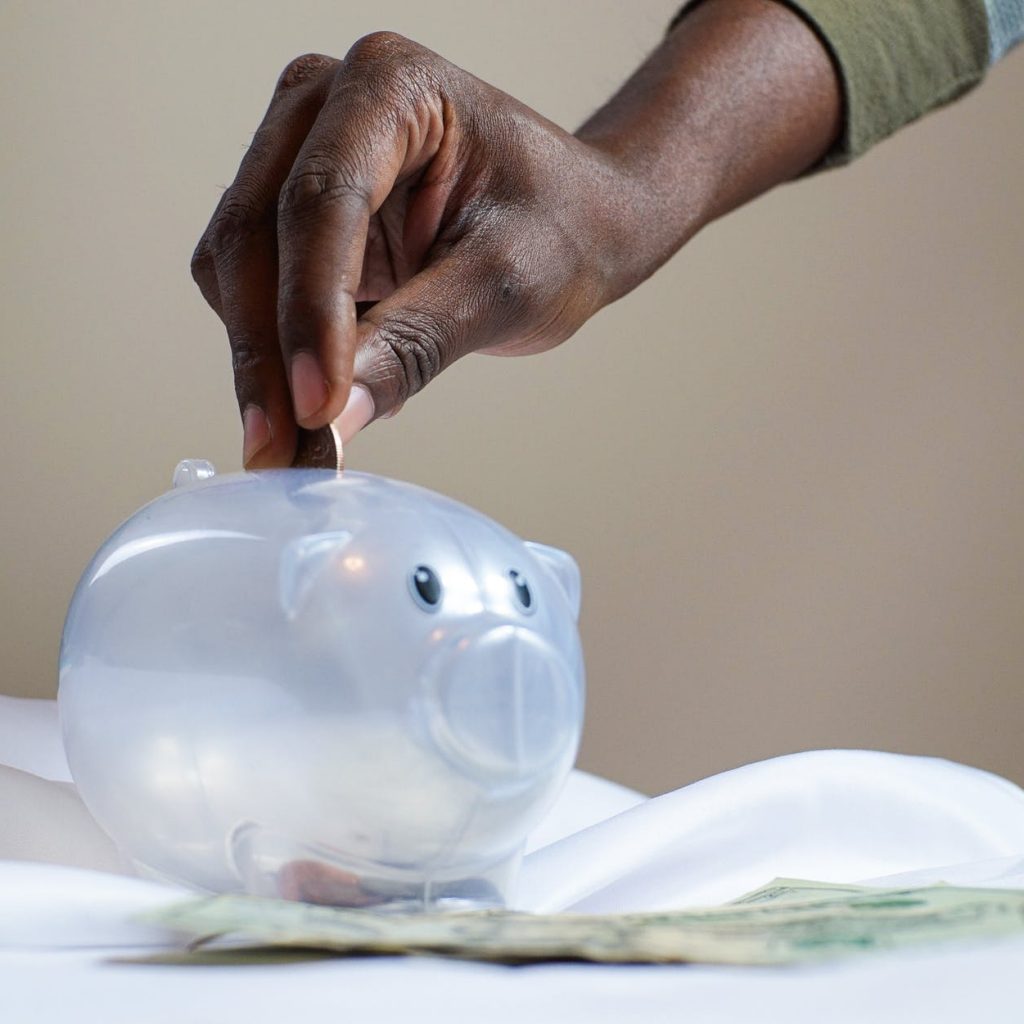
Photo by Joslyn Pickens on <a href="https://www.pexels.com/photo/person-putting-coin-in-a-piggy-bank-3833052/" rel="nofollow">Pexels.com</a>
Are your debts piling up? Do you have to look for a side hustle to sustain yourself? Often, it’s not how much money you earn, but how you spend it. For this reason, you should figure out ways to reduce your spending and save more to reach your long-term financial goals. Here are a few tips to drastically reduce your expenses and have a massive impact on your finances.
1. Track your spending
The first step to reducing your expenditure is evaluating how you spend your money. This helps determine the areas you spend your money and where you need to cut your expenses.
When you keep track of your spending, you realize that you spend cash on things you do not need. You can easily plan on ways to forego your wants, spend on your needs and save.
To keep track of your spending, use budgeting apps, spreadsheets, or notebooks. Remember to write down everything you spend your money on, regardless of how minor you think it is.
2. Create a budget
While living on a budget may not be appealing, it is an effective way of keeping your spending under control. To make a budget, you should:
- Determine your monthly income
- Evaluate how much you spend on fixed monthly bills such as rent, insurance, and utilities, to mention a few
- Determine the basic needs, including food, gas, and health expenses
- Make a plan on how to spend your income, then save the rest
Alternatively, you could use the 50-30-20 budgeting approach. This means that you spend 50% of your earnings on basic expenses such as food, insurance, and utilities, 30% on wants, such as entertainment, then save 20%.
3. Opt for cheaper insurance
Insurance provides an effective way to protect yourself against unanticipated risks. But you do not have to spend a fortune on your insurance plan. If you pay for the car and home insurance, you should look for a company that bundles them at cheaper rates.
You should select a company that offers the cheapest car insurance rates for your auto machines, especially when you have a safe driving record or an inexpensive car. Some insurance companies will even lower your rates if your vehicle has safety features!
You could also consider raising your deductible. Often, the higher the deductible, especially on auto insurance, the lower the monthly premiums.
4. Reduce your utility costs
While you cannot do without some utilities, such as water and electricity, you can find ways to lower the bills.
- Use timers or power strips to turn electric devices on and off
- Repair leaks
- Use a programmable thermostat for the cooling and heating system
- Use LED lighting
- Consider upfront payments
5. Freeze your credit cards
The easiest way to stop impulse purchases is through freezing your credit cards. A credit card makes resisting the urge to purchase something you do not necessarily need difficult, especially when you don’t have cash in hand. This results in credit card debt which can be challenging to settle.
Develop methods to make your credit card less convenient, including leaving it at home instead of carrying it around or requesting your credit providers to freeze the card for you.
Endnote
The key to reducing your expenses, avoiding bad debts, and saving more is developing financial discipline. You could establish financial discipline by keeping track of your spending, starting a budget, shopping for cheaper insurance, and reducing your utility bills.













